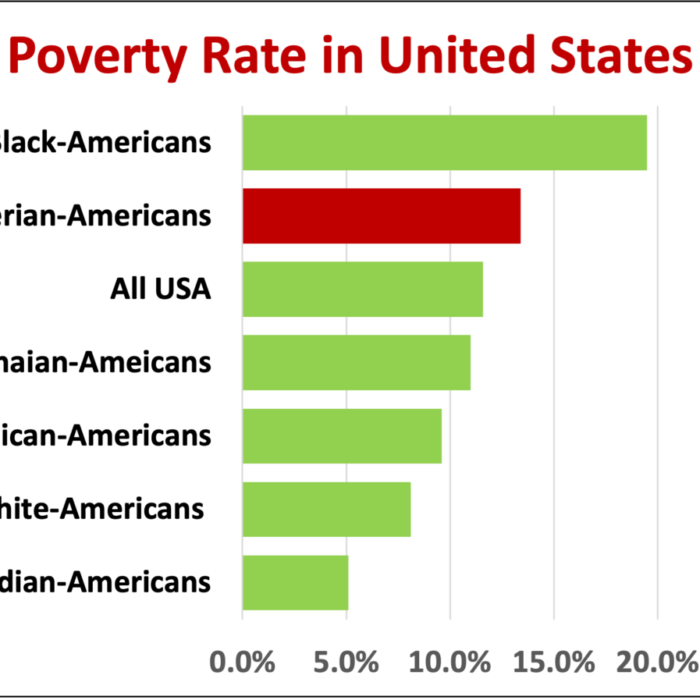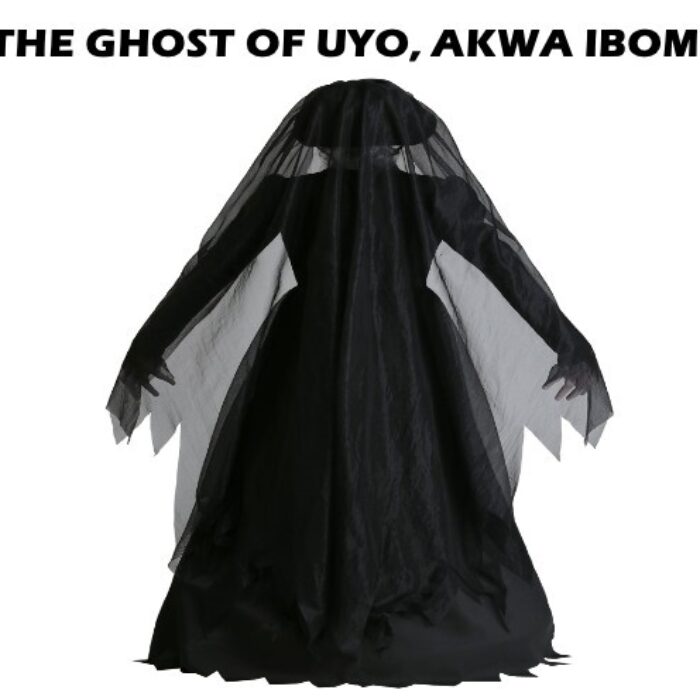Nnaoke Ufere, PhD
The recent BBC report revealing the rapid expansion of elite British private schools into Nigeria—such as the already operational Charterhouse and Rugby School, and others like Millfield, Wellington College, and Harrow now eyeing the market—should set off alarm bells for anyone who believes in the ideal of equal opportunity.
These institutions charge upwards of $40,000 per year—an amount so far beyond the reach of ordinary Nigerians that their presence signals not progress, but a deepening of social division. This isn’t just about education; it’s about entrenching a two-tier society where privilege is imported, inequality is institutionalized, and the majority are priced out of the future.
This is not a benign development. It is a glaring manifestation of how deeply fractured our education system has become, and how open we are to surrendering the soul of our nation’s future to commercial interests masked as prestige.
Let’s be absolutely clear: these British schools are not coming to Nigeria out of goodwill, charity, or any genuine commitment to improving education for Nigerian children. They are not saviors—they are opportunists. They are here because Nigeria offers a new and profitable market for their high-fee model. A recent Guardian report from the UK’s Independent Schools Council (ISC)shows a sharp decline in student enrollment, largely because many British parents can no longer afford their exorbitant fees. Faced with shrinking numbers at home, these schools are now targeting Nigeria’s wealthy elite—who are willing to pay a premium for the illusion of prestige.
This is not educational partnership; it’s economic extraction. They have everything to do with profiting off the aspirations—and anxieties—of the Nigerian elite. These schools are not building Nigeria’s future—they are here to harvest profit. They are mercenaries in academic robes, masquerading as educators, and what they will leave behind is a deeper, more dangerous neocolonial class divide. They will not fix our education system—they will fracture it further, solidifying privilege for a few while the vast majority of Nigerian children remain locked out of opportunity.
While our public schools crumble under the weight of chronic neglect—decades of underfunding, inadequate teacher training, and collapsing infrastructure—our leaders are laying out the red carpet for foreign institutions that will serve only the wealthiest few—people like them. This is not the bold reinvention of education that President Tinubu promised. It is the exact opposite. It is a sellout. And if this trend is allowed to continue, it will not only deepen inequality but stand as a betrayal of millions of our children whose futures depend on a functional, inclusive public education system.
We have the highest number of out-of-school children in the world—over 10.5 million, according to UNICEF. Public schools are overcrowded, underfunded, and lack basic amenities, with girls in the North disproportionately affected. Yet there are proven solutions. As governor of Kano State, Rabiu Musa Kwankwaso implemented free and compulsory education, built hundreds of schools, launched school feeding programs, and provided uniforms. These efforts, according to The Nation tripled enrollment from 1 million in 2011 to over 3 million by 2015 and offered scholarships to thousands—proving that bold, people-centered policy can transform education.
Against this grim backdrop, what does it mean to welcome schools that charge more than the annual salary of 99% of Nigerians? It means abandoning even the pretense of educational equity.
There is also a cultural and national cost. These schools teach a foreign curriculum geared toward foreign exams and foreign universities. What kind of citizens are we producing when the most expensive and “aspirational” schools teach little or nothing about Nigeria?
Moreover, licensing foreign for-profit schools creates a dangerous two-tiered system: one for the elite who will be groomed for power and privilege; another for the masses, condemned to under-resourced institutions and limited horizons. It’s a model that mirrors the worst of colonial legacies, where the few are trained to rule while the many are trained to obey—or not trained at all.
The Ministries of Education at both the federal and state levels must act decisively. Nigeria should deny licenses to foreign, for-profit basic and secondary schools. The purpose of an education system is not to attract foreign investment; it is to shape the intellectual, moral, and civic future of a nation.
If Britain genuinely wishes to contribute to the advancement of education in Nigeria, then let it follow a model that demonstrates long-term commitment, collaboration, and mutual respect. Why not do what many leading U.S. universities have done in countries like the UAE, China, and Qatar? Institutions such as NYU, Cornell, Georgetown, and Carnegie Mellon have established full-fledged branch campuses overseas—degree-awarding, research-driven institutions that foster real academic exchange and capacity building.
If the UK is serious about supporting Nigerian education, let Oxford, Cambridge, Imperial College, or the University of Manchester open branch campuses in Nigeria, not just for the elite, but as inclusive centers of learning that serve Nigerian society as a whole.
We cannot allow the classroom to become another battleground for inequality. Let this moment be a call to recommit to our public schools—not abandon them to decay while we auction off our future to the highest bidder.
We must resist the temptation of prestige without purpose. Say no to foreign for-profit schools. Say yes to public education for all.



